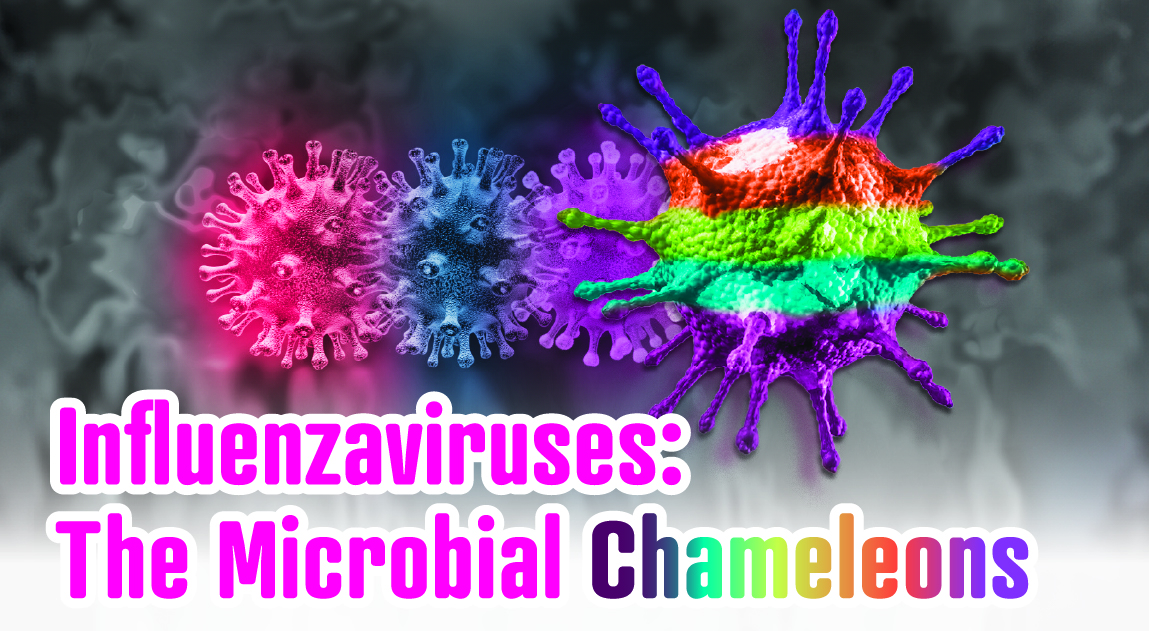An international team of neurobiologists has developed a way to use a single-celled parasite Toxoplasma Gondii to deliver therapeutic proteins directly into brain cells. In this study published in Nature Microbiology, the researchers ...
A recent study funded by AMD and conducted by the CDC’s Division of Parasitic Diseases and Malaria revealed that Cyclospora cayetanensis is actually comprised of at least three distinct ...
Mpox virus, also known as the Monkeypox virus, is an enveloped double-stranded DNA virus classified within the Orthopoxvirus genus of the Poxviridae family. Monkeypox infection causes a milder illness compared to smallpox, consisting of an influenza-like prodrome followed by a distinctive ...
A recent collaborative effort between NIZO Food Research and Wageningen University and Research (WUR) has shed light on the presence of microbial ...
The circulation of the highly pathogenic avian influenzavirus (HPAI) H5N1 has intensified globally since 2021 with mass mortality in wild birds and poultry and incidental infections in mammals such as cattle. The virus is a subtype of the influenza A virus belonging to the family Orthomyxoviridae which consists of ...
Measles virus, a human pathogen, is in the genus Morbillivirus. It is an enveloped, single-stranded, non-segmented, negative-sense RNA virus. Its virions are pleomorphic (roughly spherical) in shape with a diameter of 300–500 nm. Parainfluenza and mumps viruses are within the genus ...
Canada's ban prohibiting cosmetics animal testing and trade is enacted into law and has been into effect since December 22. This legislation which was enacted as part of the Budget ...
Papillomaviruses are double-stranded DNA viruses with a particle diameter of about 55 nanometers (nm). They can infect the skin as well as the epithelium in all vertebrates including humans ...
Researchers from the National University of Singapore have recently found a revolutionary method to grow human norovirus (HuNoV) in zebrafish embryos (1). HuNoV, a common and worldwide ...
The genus ‘Enterovirus’[1] belongs to the family Picornaviridae (‘pico’ meaning small) which comprises of icosahedral viruses (~30 nm in diameter) with single-stranded, positive-sense RNA genomes. As of 2020, the family contained 63 genera and 147 species ...
Adenoviruses (from Latin adenos meaning 'gland') are icosahedral (about 90 nm in diam.), nonenveloped, double-stranded DNA viruses with a wide host range (mammals, birds, reptiles, amphibians, and fish). Characteristic antennae-like fibers protrude from ...
Influenza or the flu, a highly contagious respiratory illness, is caused by a group of enveloped, RNA-containing viruses with virions of circular (~100 nm in diam.) or filamentous (~300 nm in length) appearance. They can be zoonotic in nature as they can also infect many species of wild (e.g., aquatic birds) and domesticated animals
Undeniably, smallpox was among the most dreaded of all infectious diseases! It killed millions around the world each year. As nearly 80% of those infected would die, parents dared not count their children as their own until they had survived the regular and inevitable outbreaks of the infection.
Even among other viruses, human noroviruses (HNV) are small (~27 nm), but they pack a powerful pathogenic punch! Globally, they sicken nearly 300 million people every year with acute gastroenteritis (diarrhea and vomiting), and kill approximately 200,000, mainly as a result of severe dehydration.
We are all familiar with the potential of indoor air to spread SARS-CoV-2, the causative agent of COVID-19. While we are also urged to decontaminated our hands as a preventive measure against the virus, studies in support of the effectiveness of hand hygiene against virus spread have been lacking.
We provide complete process piping capabilities for industrial from pulp and paper.

















